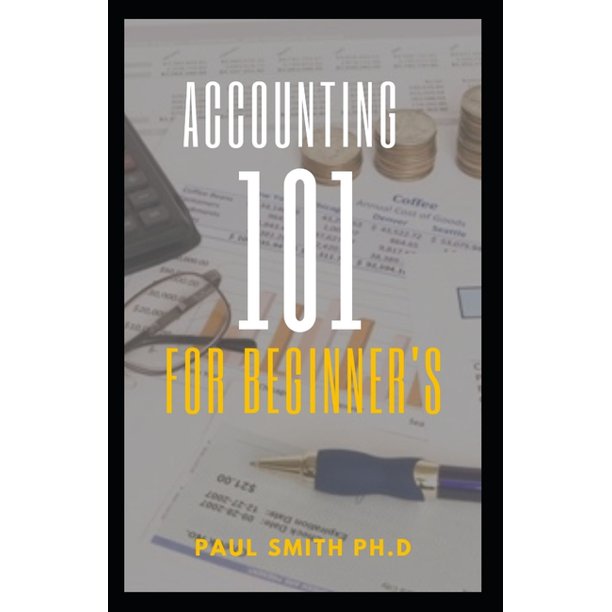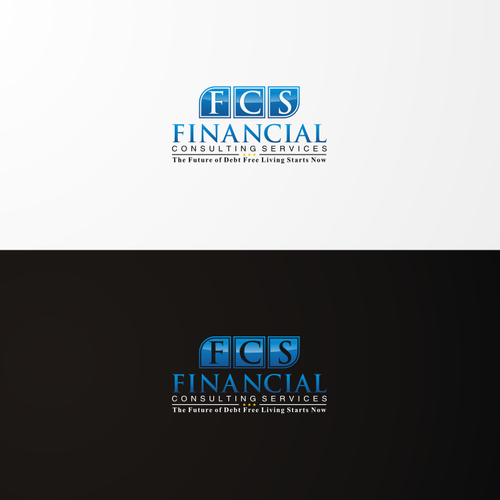
If you are wondering how to move financial advisors, this is the place for you. There are some things that you need to remember, no matter if you want to move firms. Be positive and supportive of your financial advisor. You may need him in the future. Second, you should get his transactions history. This will help your new financial advisor get up to speed.
Transferring nontransferable property
Transferring non-transferable assets when you change financial advisors is an option available to some clients. This can reduce tax consequences. Non-transferable investments are not subject to transferable securities. This allows the new advisor to choose what to sell when. This gives you the ability to spread your gains and losses over time.
Before you start the process of switching financial advisors, you need to review all your contracts with your previous advisors. Make sure you read your contract carefully to see whether there are any terms that restrict you from moving your assets to your new advisor. You may be required to give notice, or pay termination fees.

Avoid unpleasant surprises
If you're considering changing financial advisors, you want to make sure you choose the right one for your situation. Being a responsible investor means you must ensure your advisor is helping you to achieve your financial goals. While it can be difficult to make the right decision, there are some tips to help you avoid any unpleasant surprises. Find out how highly your advisor values their work, and how you can hold them accountable.
If you are changing financial advisors, make sure to read the contract thoroughly and ask about any fees. Ask about fees and the minimum holding period for non-transferable assets. Ask about any fees that will be charged, such as redemption fees, and whether your old advisor will be charging a fee for the transfer. While it may be uncomfortable to change financial advisors, the process is better than working with an advisor who's not right for you for an indefinite period of time.
Costs of switching financial advisors
While switching financial advisors can save you a lot of money, it also has a cost: the time and effort spent transitioning client accounts and developing new client relationships. Although this cost is hard to quantify it generally equals to about 5 per cent of your annual productivity. For example, if you manage a million-dollar firm, you will incur about $50,000 in opportunity costs.
It can be difficult to transfer your financial accounts. Not only do you need to find a new advisor, but you also need to discuss your needs and preferences with them. Your advisor should have enough information about you to make the right recommendations. Communicate your financial goals clearly and identify your top financial goals. Once you have selected your new financial adviser, calculate the costs associated with transferring your account(s). Ask your current advisor to discuss the fees involved in transferring your accounts. Make sure to review your agreements. You may be able to sign agreements electronically with your advisor.

Finding the "forever" love of your life
There are several steps you can follow to make the transition from financial advisor to client as seamless as possible. Financial advisors tend to have long-lasting relationships. You might have been helped to get started with personal finances, set up retirement funds, or signed up for life and health insurance. These relationships can be valuable for your financial wellbeing in any situation.
Review your financial records and discuss them with your new advisor. Check out the credentials and experience of the advisor. You also need to ensure that they are qualified to manage your assets. It is important to check that your advisor has a license to handle your accounts. There are some advisors who are not allowed to have certain assets. Make sure you have a copy of your transaction history before you transfer any assets.
FAQ
What is a consultant anyway?
Consultants are those who offer services to other people. It's not a job title. A consultant is a role that helps others achieve their goals. You do this by helping them understand their options and helping them make the right choices.
Consultants have the ability to solve any problems or challenges that may arise from projects. They also provide advice and guidance on how to implement those solutions.
Consulting should be able answer any questions related to technology, finance, law and management.
What are the benefits of consulting?
As a consultant, you can usually choose when you work and what you work on.
This means you can work whenever you like and wherever you wish.
It also means you can easily change your mind without worrying about losing money.
Finally, your income can be controlled and you can set your own hours.
What skills are required for consulting?
A consultant should have strong analytical skills as well as interpersonal skills. This is crucial because you might not be able to understand what you are doing when you work on complex projects. You need to be able to manage people quickly and solve problems efficiently.
You also need to have excellent communication skills. Clients expect a response within 24 hours. If they don't hear anything, it is likely that they aren't interested in you. It is important to keep them updated and make sure they fully understand the situation.
How can I become a successful consultant
The first step is to find an area you are passionate about. Then you have to build relationships. It is crucial to learn about your clients and understand their needs. And finally, you must deliver results for them.
You don't have to be the best at everything, but you do have to be better than everyone else. Passion is key. It doesn't suffice just to say "I'm going be a Consultant." You must really believe in yourself and what you're doing.
What's the difference between an advisor and a consultant?
An advisor is someone who provides information about a subject. A consultant can offer solutions.
Consultants work directly for clients to help achieve their goals. Advisors advise clients indirectly via books, magazines, lectures and seminars, etc.
Is it necessary to pay taxes on consulting income
Yes, you will need to pay tax on your consultancy profits. This amount will depend on how much you earn each year.
You can also claim expenses if you are self-employed. This includes rent, childcare, food, and transportation.
But, interest payments on loans, vehicle and equipment depreciation will not be allowed to be deducted.
If your annual income is less than PS10,000, you can only claim 25% back.
You might be taxed even if you make more than the threshold depending on whether your income is contractor or employee.
Pay as you Earn (PAYE) is the most common method of taxing employees. Contractors pay VAT.
Statistics
- According to statistics from the ONS, the UK has around 300,000 consultants, of which around 63,000 professionals work as management consultants. (consultancy.uk)
- So, if you help your clients increase their sales by 33%, then use a word like “revolution” instead of “increase.” (consultingsuccess.com)
- Over 62% of consultants were dissatisfied with their former jobs before starting their consulting business. (consultingsuccess.com)
- According to IBISWorld, revenues in the consulting industry will exceed $261 billion in 2020. (nerdwallet.com)
- Over 50% of consultants get their first consulting client through a referral from their network. (consultingsuccess.com)
External Links
How To
How do you find the best consultant?
First, ask yourself what kind of consultant you are looking for. Before you begin searching for a consultant to help you, you should be clear on your expectations. You should make a list of all the things you need from a consultant. This could include things like; professional expertise, technical skills, project management ability, communication skills, availability, etc. Once you've listed out these requirements, then you may want to consider asking some friends or colleagues who they would recommend. Ask them if they had any bad experiences with consultants previously and see how their recommendations compare with yours. Try searching online for recommendations if you don’t have any. Many websites allow people to post reviews about their work experience, including Angie's List and Indeed. Take a look at comments and ratings from others, and use that data to find potential candidates. After you've compiled a list of potential candidates, it is time to reach out to them and schedule an interview. During the interview, you should talk through your requirements and ask them to explain how they can help you achieve those goals. It doesn't matter whether they were recommended to you or not; just ensure that they understand your business objectives and can demonstrate how they can help you reach those goals.